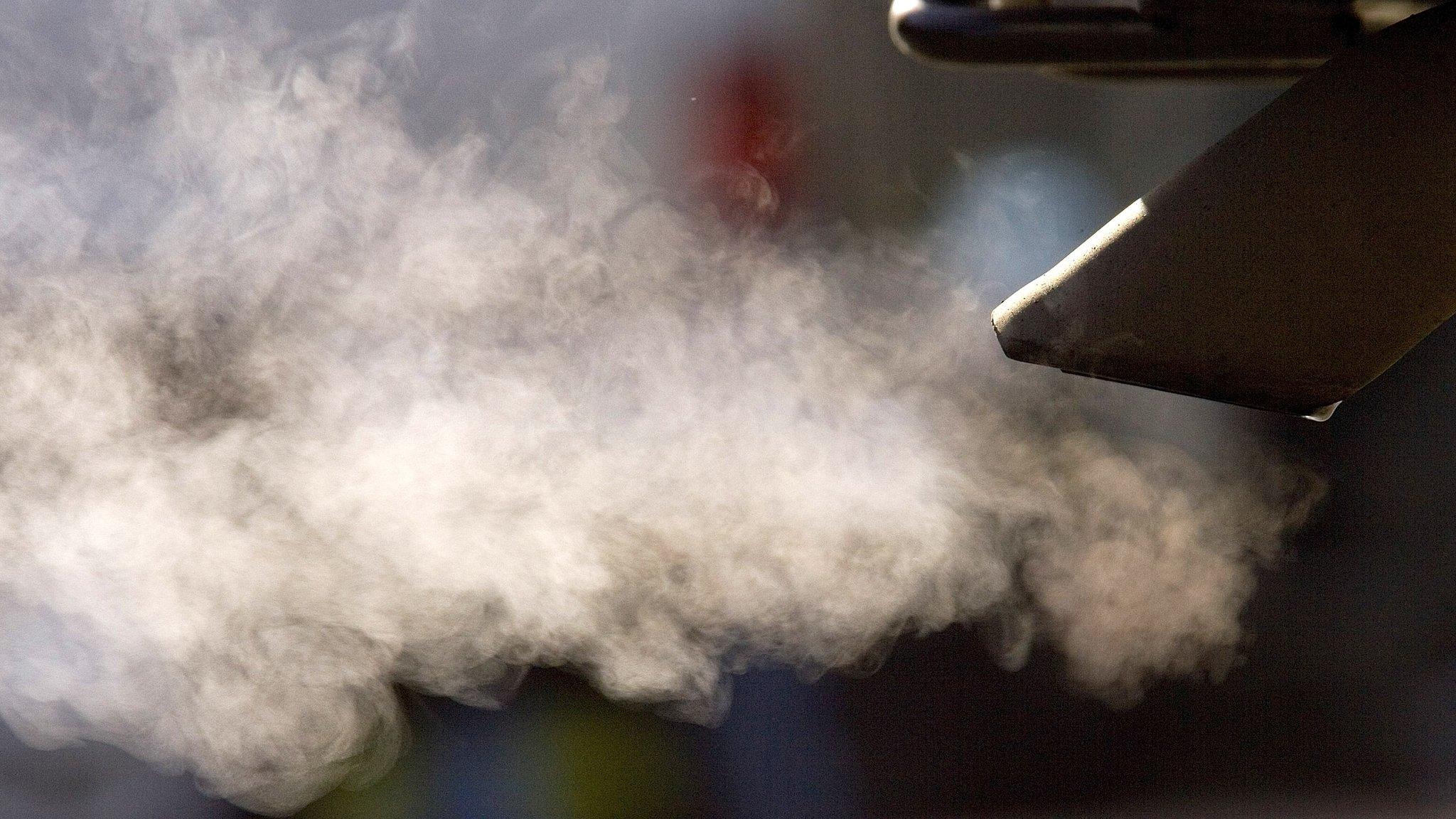Why do American car buyers shy away from diesel?
- Published
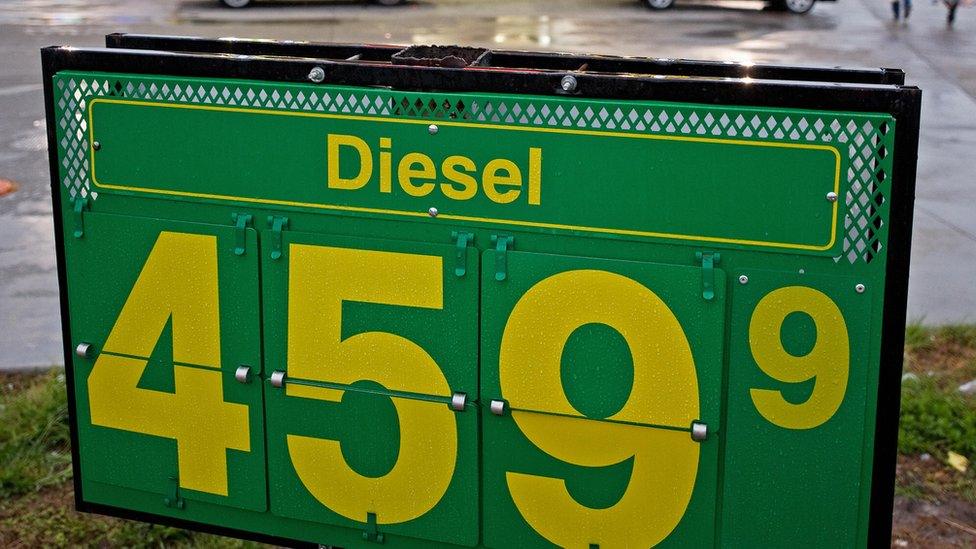
German carmaker Volkswagen is embroiled in a massive scandal over its American diesel cars. But the US market for such vehicles has been historically very small.
News broke this week that Volkswagen - maker of the Beetle, Passat, Jetta and Golf - has admitted that as many as 11 million of those vehicles contain so-called "defeat devices", or software designed to falsify emissions test results. When the vehicles are actually on the road, they spew nitrogen oxide levels up to 40 times higher than what shows up in the tests.
While carmakers like Volkswagen have recently made a big push to promote their diesel fleet in the US, they still make up a tiny percentage of the market - about 3%. In Europe, diesel cars make up about 50%. How did this disparity come to be?
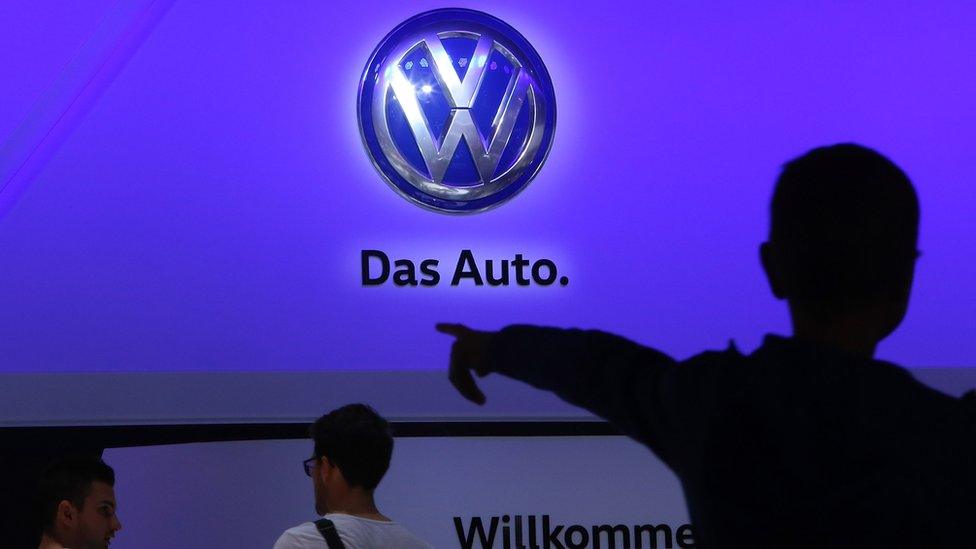
There are several advantages, external to diesel engines - the fuel emits less carbon dioxide gas and it contains more energy than petrol, resulting in anywhere from 20% to 40% better fuel economy. It's also known for giving vehicles more powerful hauling capacity.
"Some of the diesel cars can go 600, 700 miles on a single fill-up. That's a very high value for many consumers," says Allen Schaeffer, executive director of the Diesel Technology Forum. "If you need an SUV to haul your kids and dogs around, or you want to tow a little boat or trailer, that's a great choice."
On the other hand, diesel engines cost more up front and they produce more nitrogen oxide, which is linked to serious health hazards and smog, external. The cars have been blamed for the air pollution, external troubles in Paris.
The reasons to go for diesel in Europe began to mount in the mid-to-late '90s. In an attempt to cut European nations' greenhouse gas emissions, the choice was made to tax petrol heavily, subsidise diesel and invest in improving diesel technology. Countries like Belgium and Spain have lower taxes, external on diesel cars. The incentives made the choice easy for consumers and some research concludes that without these governmental interventions, diesel would be no where near as popular, external as it is today in Europe.
Meanwhile, the opposite was true in the US. Petrol remained cheap, and American carmakers preferred to invest in electric and hybrid solutions.
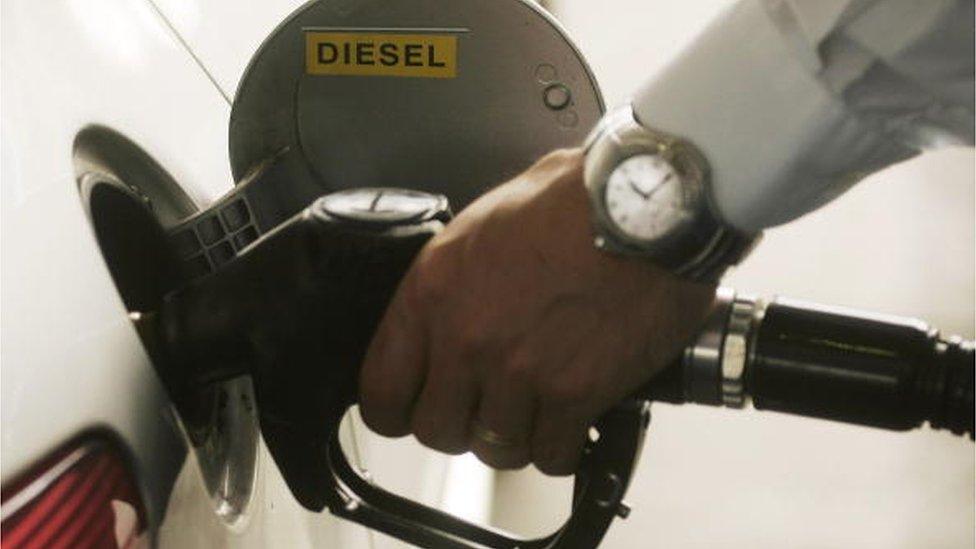
There are also historical factors at play in the US. General Motors famously rushed diesel vehicles - in its Oldsmobile series - to market in the late 1970s and '80s with disastrous results.
"The Olds diesel has been dogged by many reports of serious problems," wrote Popular Mechanic in 1981, external. "Ruined projection pumps and injectors, worn cams and valve lifters, cracked engine blocks, and even broken crankshafts."
"It was spewing black smoke and failing and just doing badly," says Bruce M Belzowski, managing director at the Automotive Futures group at the University of Michigan Transportation Research Institute. "When you get to that point where people start to say, 'I'll never buy another one of those vehicles,' it hurts your reputation."
Though that was more than 30 years ago, independent car industry analyst Bill Visnic says the memory lasted. Then there are other less concrete factors at play, like the perception that diesel is just "dirty" all around.
"The fuel itself is a little bit nasty," says Visnic. "It gets on your shoes, on the bottom of your shoes, it sticks and it's greasy."
"Somebody who buys a 5 series BMW - that's not a pick-up truck - they think, 'I have to deal with that grubby fuel?'"
Those perceptions were beginning to change especially as automakers like Volkswagen were pushing their sportier, smaller size vehicles on American consumers. These newer cars - which thanks to better filtering technology and lower-sulphur diesel - helped shake the old reputation. In addition to Volkswagen, BMW, Mercedes and Chevrolet are bringing new models to market.
"Things have changed. These vehicles are so much better now," says Belzowski.
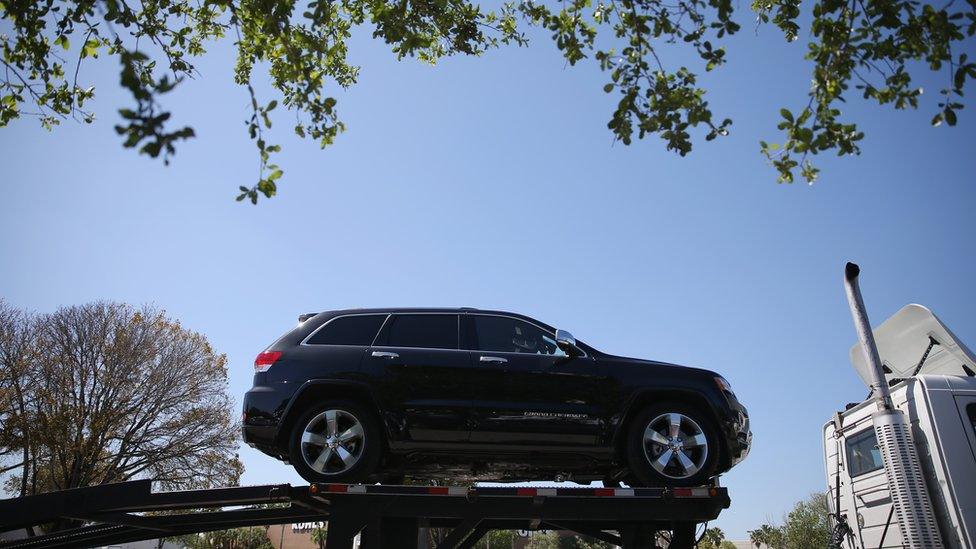
One of Jeep Grand Cherokee's newer, diesel burning models
Indeed, one survey cited by the Diesel Technology Forum found that 40% of American consumers surveyed said they'd consider buying a diesel car as opposed to just 13% a decade ago.
That optimistic outlook may take a beating thanks to Volkswagen, which may have repeated General Motors' old mistake by rushing its "clean diesel", external cars to market before they were actually clean.
"They've put a black eye on diesel," says Belzowski. "Other companies have diesels where they didn't cheat."
- Published10 December 2015
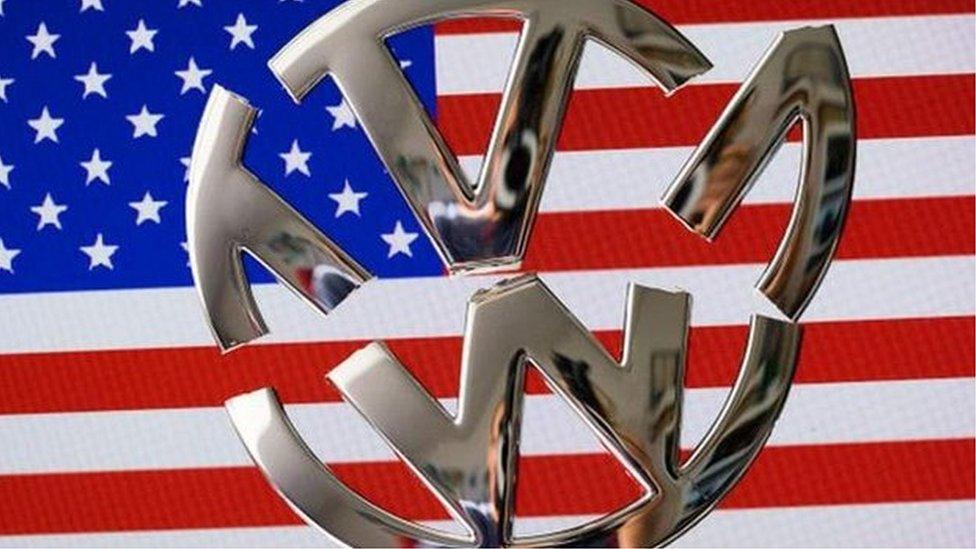
- Published16 July 2015
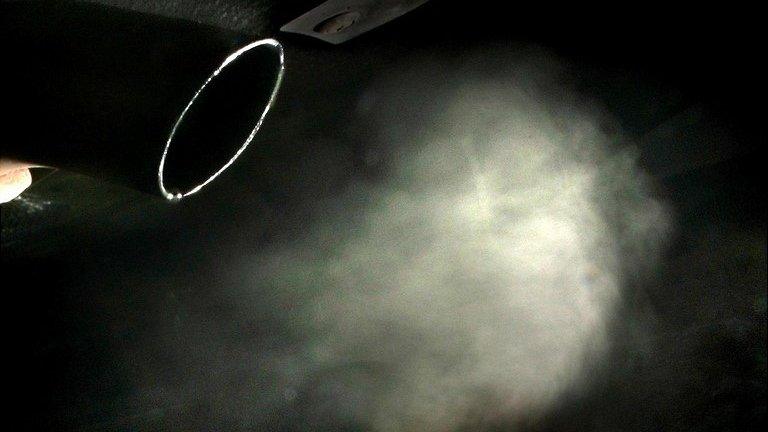
- Published16 September 2015
